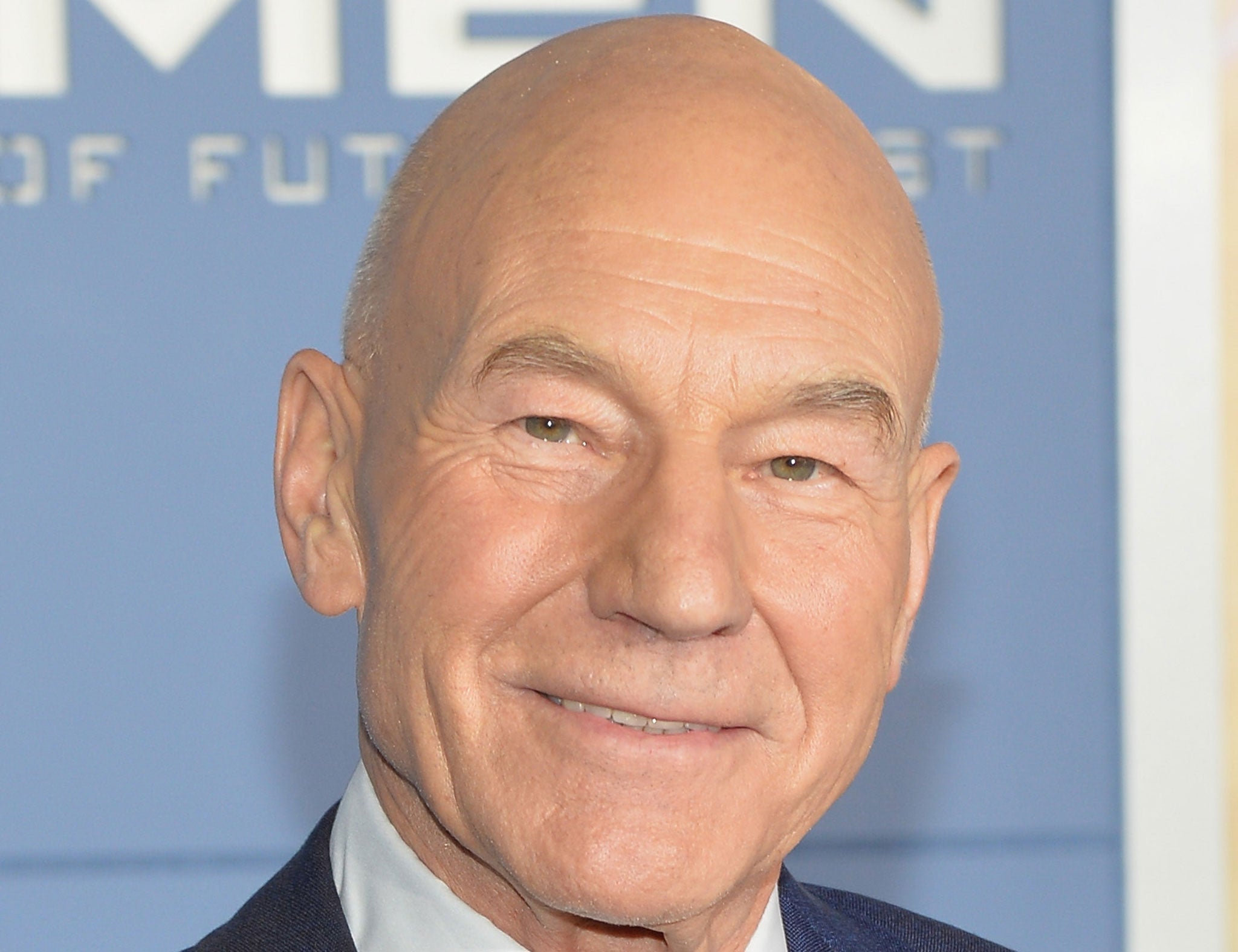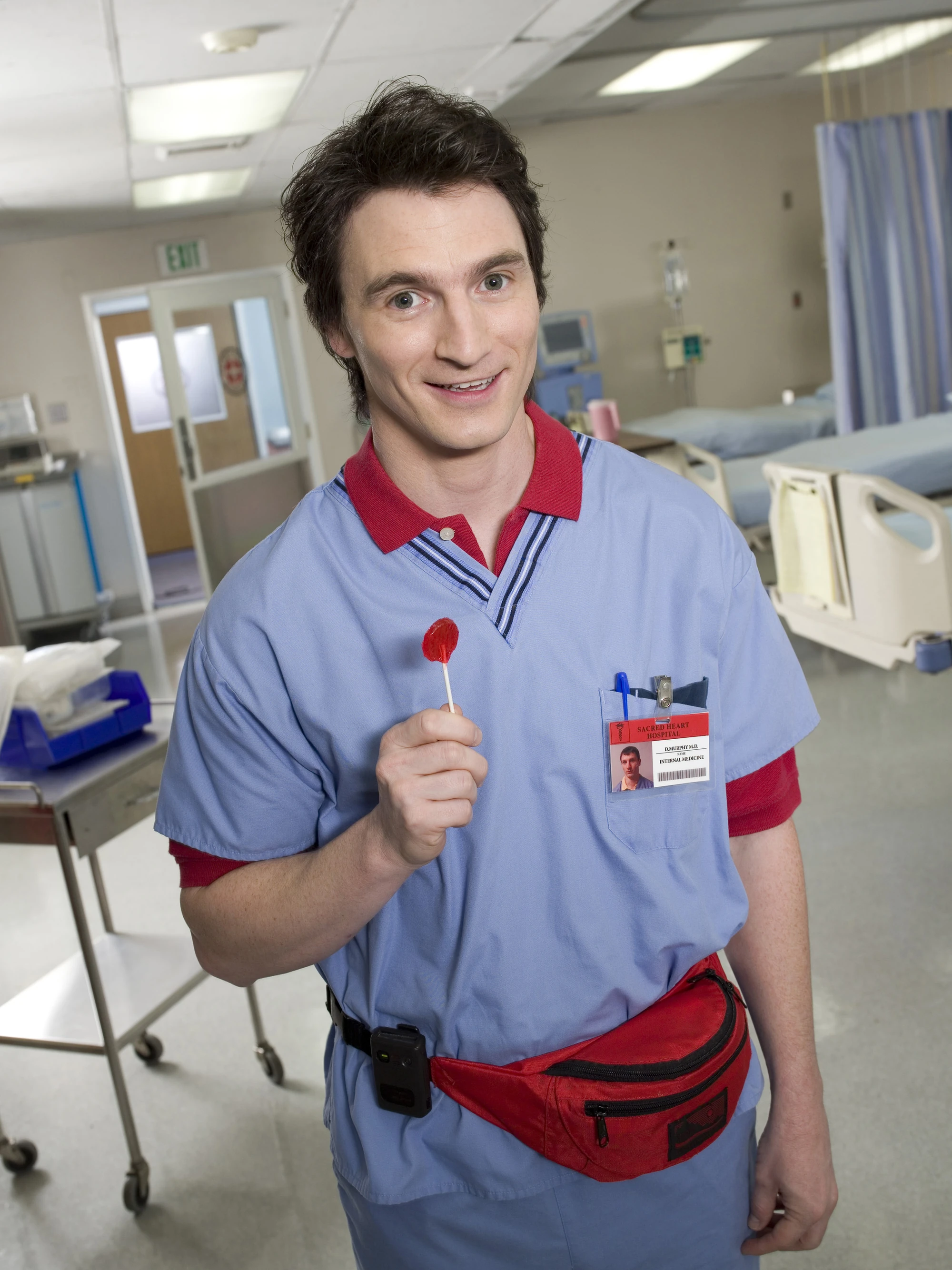I take naps every day. I usually feel very tired around noon to one o’clock, so I let myself does off for a couple hours before finishing my day. This usually makes me feel refreshed. It also makes my contacts dry. I wanted to know if napping had any benefits, or any negative effects. I found a lot of studies.

Elderly British man for reference.
A lot of the studies I found concerned the elderly. It seems science has many questions about how napping will cause people around 65 years of age- specifically people from the United Kingdom- to develop unhealthy conditions. The first study I found examines a group of men aged 60-79, from 24 different British towns, using a population study, and self-reporting methods to determine if the amount of nighttime and daytime sleep had an association with heart failure. The results found that men who nap for an hour or longer during the day were likely to have pre-existing conditions like depression, poor health, and were physically inactive. They were also at greater risk for heart failure.
In looking closely at this study, it’s obvious that, in most cases, sleeping during the day is a symptom of poor health, not a cause. The older men in this study slept for longer during the day because they were unhealthy, it did not cause them to become healthy. All the conditions listed, lack of exercise, depression, would all likely cause any man or woman to sleep during the day. There were no similar studies among a younger demographic, but it appears that napping itself is not a cause of any of these problems. However, this does raise a question of why people who nap during the day, nap during the day? Is it because of conditions listed above, or because they are tired and need a few extra minutes of shut eye?

The average medical resident.
I found another study not involving elderly Brits. This study looked at medical residents to determine the effects of a mid-day nap on their performance. This study was a controlled intervention study in which residents were split into a nap groups and a non-napping group. Each group was hooked up to an ambulatory sleep monitor which researchers used to monitor their awareness and alertness during their shift. Those in the napping group were allowed to recline on a chair and nap for 20-minutes, those in control were sat in the same chair but were talked to to prevent them from napping. The study found that those in the control group had no improvement in cognitive functioning, nor did they suffer less attention failures. The experimental group did improve. The study concluded that a short nap, the mean nap of nappers was 8.4 minutes, will improve cognitive function in these medical residents.
Now looking at both studies, I believe napping may have positive effects. In the first study, elderly men napped because they were ill, depressed, and not physically active. They also napped for over an hour each day. The fact that they napped because of these symptoms is something I find interesting. The human body, when sick, wants to get better, so by napping during the day the body is trying to help itself and keep it functional. Really, I’d like to see a study wherein half these elderly men do not get to sleep to determine if it makes them even worse because I believe the napping is helping. To further this idea, I turn to the second study on medical residents. Here a brief nap was shown to improve cognitive function for the busy residents. A simple 8 minutes made the difference, so clearly some brief shut eye could do us some good. Overall, I think there is something to be said here for sleep in general. Both groups likely lacked adequate sleep and made up for it, in part, by napping. I think it is likely that napping is an acceptable substitute for missed late night sleep. I therefore conclude that napping is helpful.
Sources:
http://onlinelibrary.wiley.com/doi/10.1111/jgs.14255/full
Image Links:
https://static.independent.co.uk/s3fs-public/thumbnails/image/2014/10/28/16/patrick-stewart-v2.jpg

Personally, napping is the only way that i get through a full day here at Penn State. I take at least a 45 minute nap every day and still manage to fall asleep at a reasonable hour at night if I try to. I feel refreshed and can get through a full day with ease. Here is a link that lists additional health benefits of napping:
https://sleep.org/articles/napping-health-benefits/
I enjoyed reading this post because I used to take naps all the time. When I was in high school I would come home from school everyday and accidentally dose off right when I hit the couch. I would wake up after an hour or two and find myself to be even more tired than I was before. but then after forcing myself to stay awake for the remainder of the day, I would find it difficult to fall asleep when it was actually time for bed. I know that when I sleep a to however, that it is my body’s way of telling me thad I need the rest. Knowing this and having read this blog post, I can now say that taking those naps were actually helpful to me.
WHen I had sleep issues, my doctor would tell me that it is okay to take a nap, but only a short one though. I was told that taking a 30 minute nap is actually really good because it doesn’t negatively affect the circadian rhythm. When you nap for to long, it can actually bring some negative effects and can cause a person to be more tired than they were before. Here is a link with some supporting information https://sleepfoundation.org/sleep-topics/napping
I think you bring up a good point. I didn’t talk about sleep cycles or circadian rhythm in my post. I was mainly focused on whether naps at all were beneficial. I think another conclusion that could be drawn when comparing the old men and the young residents is the difference in length of their naps. The interns only napped briefly and felt much better than the sick old men. Perhaps if the older men were made to take only brief naps they would feel better.
I get the whole “napping is a symptom not a cause of poor health”, but I do not believe that napping every day is part of a healthy lifestyle. I think the only instance where napping is OK is if it is a quick 20-30 minute nap, only if absolutely necessary to continue your day. Over 45 minutes, you tease your brain into thinking you are trying to complete each REM cycle of sleep and you will wake up feeling groggier than before. Napping while sick is something I support, mainly because a huge cause of being sick can be sleep deprivation, and there is really not much else you can do while sick except for rest.
I take a nap almost every day so I completely related to your post! I was shocked to find out that only an 8 minute nap will improve your daily functions because I take at least more than a 2 hour nap daily. If you have a hard time taking short naps here are some tips to maximize your naps! http://www.huffingtonpost.com/2013/05/28/napping-tips-expert-strat_n_3320571.html
From my point of view, naps are very helpful. Every tuesday and thursday when I go to class at 2 pm, I feel tired. However, every monday, wednesday and friday, after taking a nap, I do not feel tired anymore when I go to class. Thus I think taking a nap is really helpful, especially for students who has class in the afternoon Here’s a website that also talks about nap. https://sleepfoundation.org/sleep-topics/napping
Hey, fellow napper here. I know that when I am tired, my brain is not working as well. A small nap always helps me feel better and I can usually perform better after it. It didn’t surprise me that the one study found a correlation to better cognitive function. One study that I heard about recently says that napping could possibly lead to an earlier death. http://www.medicaldaily.com/daytime-napping-may-lead-early-death-its-most-likely-sign-something-more-serious-276372 . This was both surprising and scary to me. It seems that people who nap for longer than an hour each day were more likely to get various health complications. The study says they didn’t find causation but there is definitely some type of link. This leads me to thinking about what other things could be linked to napping. Besides lack of sleep, what other reasons do people nap? Things like depression could play a part. It will be interesting to see what future studies find out about napping.
I too am a napper and what I have found through both personal experience as well a research is that different lengthed naps have different functions. The two that I prefer are the 10-20 minute “power naps” or the 90 minute “full sleep cycle nap”. If you are interested in seeing the differences in these as well as other nap lengths check out this link. http://www.healthyandnaturalworld.com/the-perfect-nap-length-for-the-biggest-brain-benefits/
I actually never napped until this semester. Napping is the best. What I learned is that afternoon napping is where it’s most beneficial. I’ve taken 3 hour naps before and woke up not as refreshed as when I napped for 20 minutes. What I also found interesting is that there are also different types of sleep schedules that someone can adjust to. If you would like to learn more about it, read this article: http://highexistence.com/alternate-sleep-cycles/
I really enjoyed taking a look at your post because it provided me with solid scientific information about naps that i had never really thought about. Realistically, i take naps when i feel that i need to, and i can say that for me personally naps are beyond helpful. Whether you’re suffering from a terrible headache, are feeling physically drained but still have a long day ahead of you, or just need a little mood booster, a good nap can be the answer to all your problems. However, it’s important not to overdue it with naps, as there is a fine line between a helpful power nap and a prolonged slumber that can leave you feeling groggy and dazed instead of refreshed and alert.